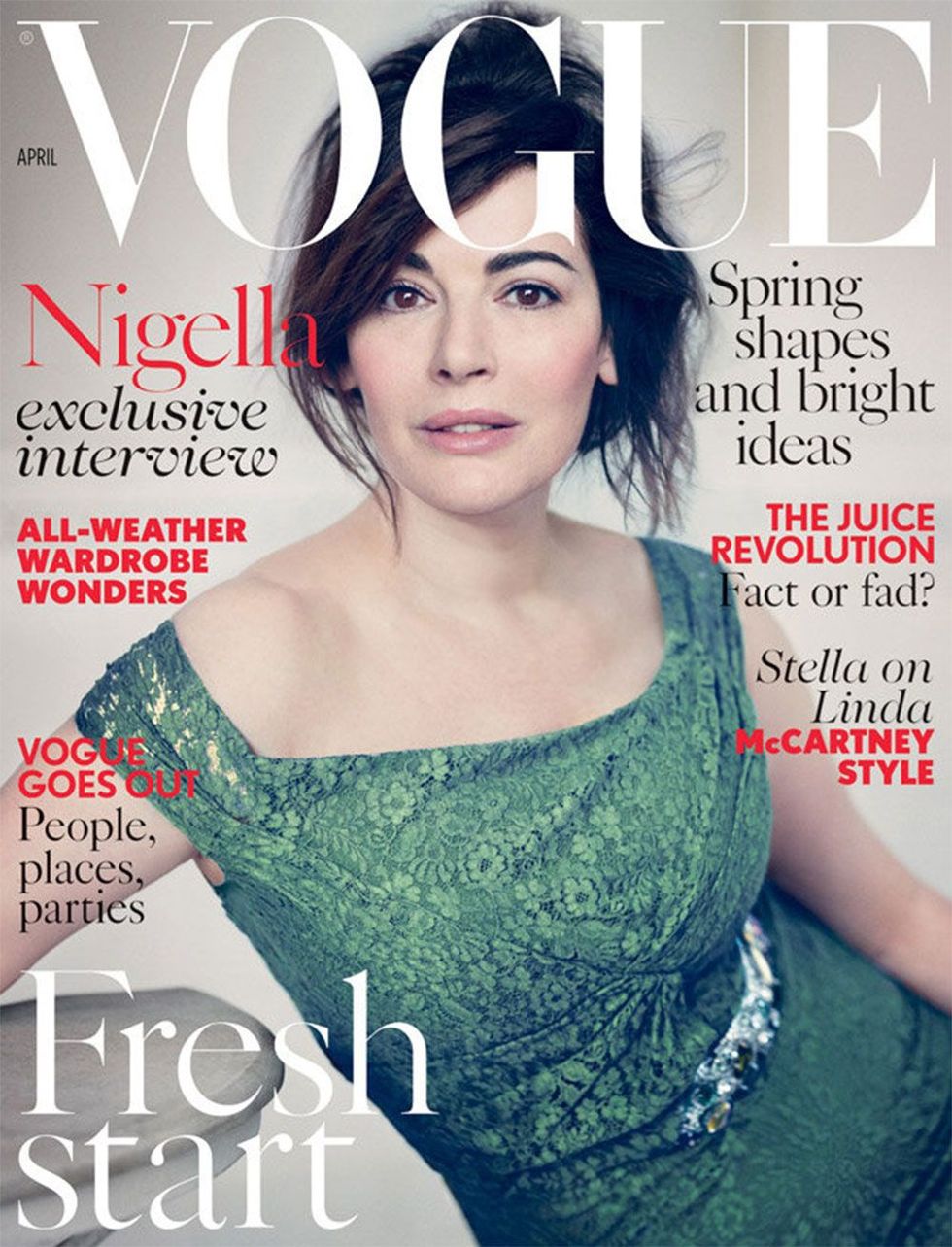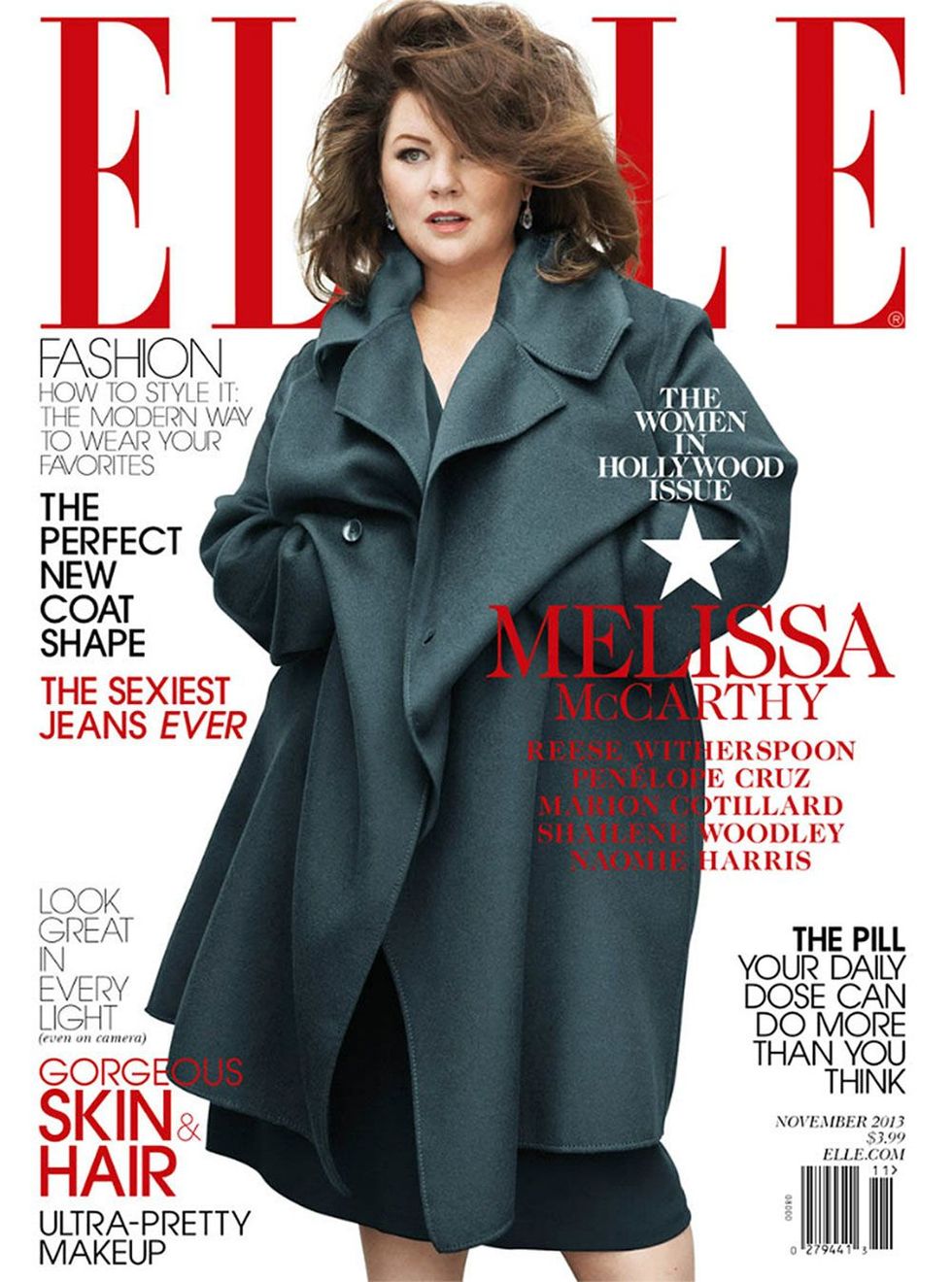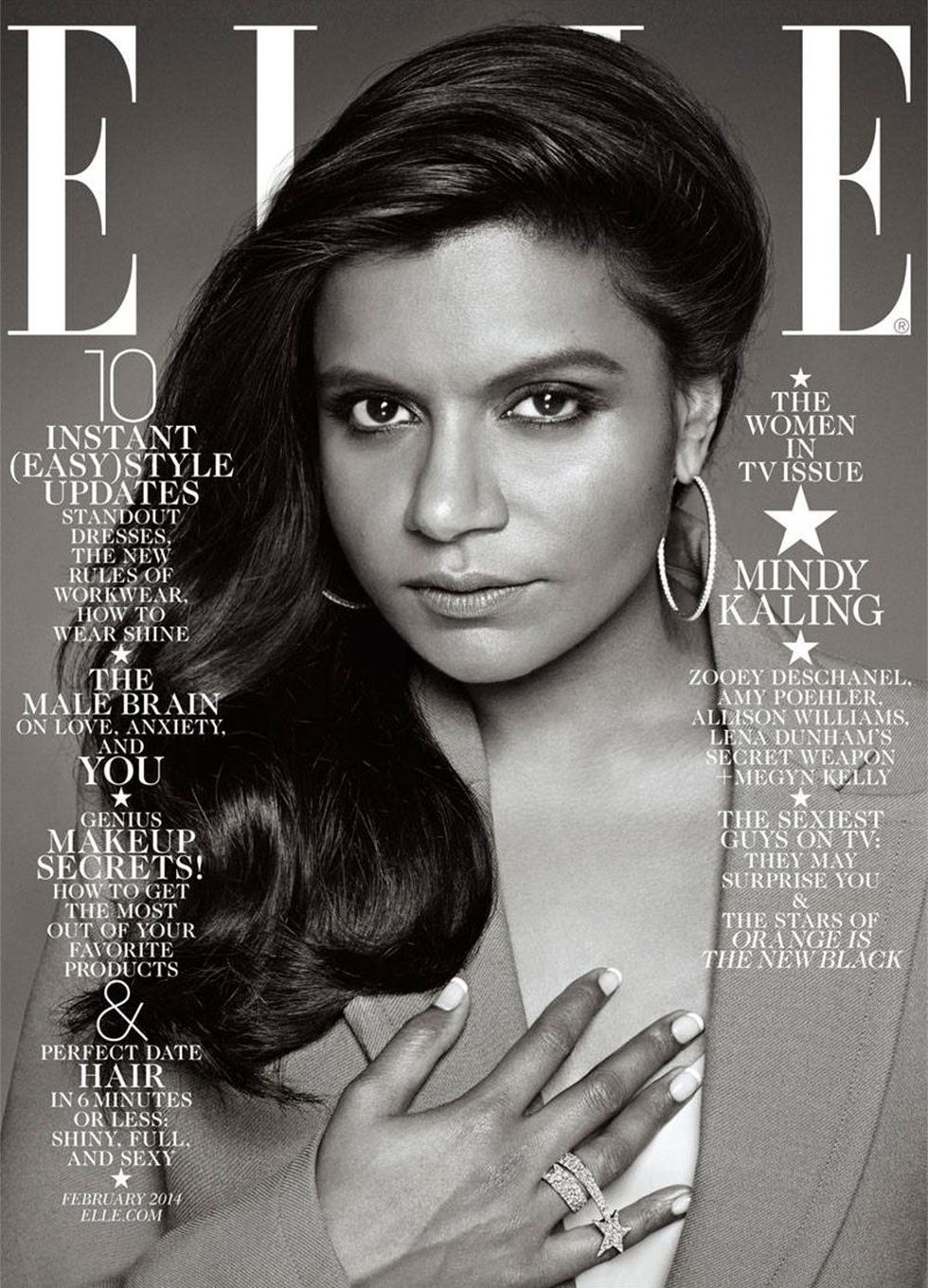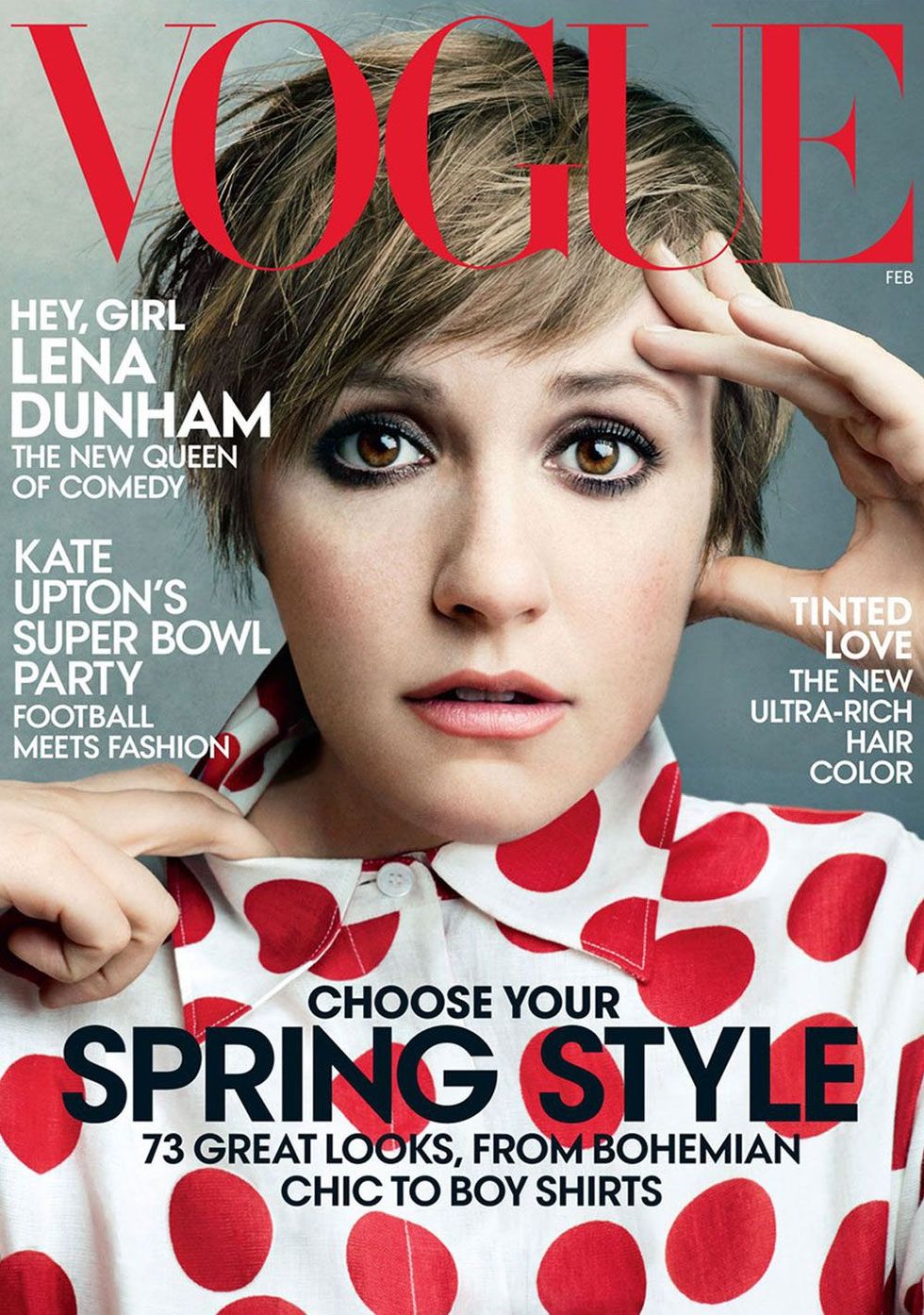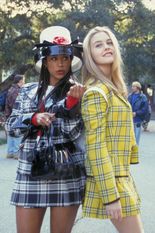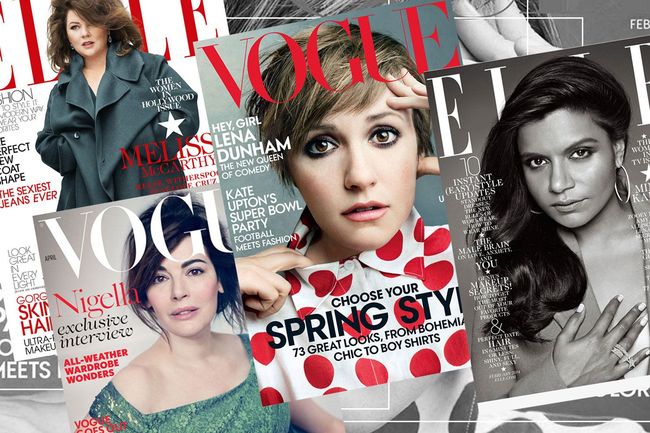
When did magazine covers become so contentious?
Sometimes a trend captures the public imagination and seems to run forever. Think skinny jeans. Think leather skirts. Think criticising women's magazine covers – which became wildly fashionable a few years ago and doesn't seem to be fading.
Take the latest controversy. In an interview on BBC Radio 2 on Saturday, Vogue editor Alexandra Shulman spoke about her cover choices:
‘Quite often the [covers] I really like are the more creative, arty ones, but they don’t sell as well. ... [The bestselling covers show] a middle view of what beauty is: quite conventional, probably smiling, in a pretty dress – somebody looking very ‘lovely’. The most perfect girl next door, better than yourself. People always say “Why do you have thin models? That’s not what real people look like,” but nobody really wants to see a real person looking like a real person on the cover of Vogue ... People don’t want to buy a magazine like Vogue to see what they see when they look in the mirror. They can do that for free.'
She added: 'I get fed up with having to deal with the question of why are models thin. That sort of bores me. It’s known that I did complain about the sample sizes ... I do think the designers should cut bigger, I think they should use bigger models on the catwalk, I’ve said it again and again.'
And she's right – she has said all of this before. The story is not new, yet it has been picked up by the Daily Mail, The Cut, Metro, Fashionista, the Telegraph, Refinery29, the Independent and the Evening Standard, among others. Jezebel complains that Shulman's argument is 'a particularly ineffective and tired defense', and adds that 'It's about time that fashion glossies stop hiding behind feeble excuses.' Vanessa Feltz, for the Express, writes that 'If [Shulman] has any sense of responsibility she had better wake up to the fact that the question that bores her to tears isn’t the tedious title of a university debate but an issue that potentially plays havoc with the self-esteem of children as young as six.'
But, as was clear in the interview and many others that have gone before, Shulman does care about the issue of weight – she's just bored of repeating her answer to the same question. And it seems an odd moment to target her again, in a month in which Nigella Lawson is Vogue's cover star.
That's right, Nigella: aged 54, famously voluptuous, and finding her feet again after a very bad year. As it turns out, some fashion magazine covers do not, in fact, set a terrible example to womankind – though from the commentary, you'd think they were the Wicked Witches of the newsstand.
Debating the moral standing of women's magazine covers has become an international sport. In October, American Elle's Melissa McCarthy cover was criticised for 'fat-shaming' her by hiding her body in a large coat.
'McCarthy’s hair covers a quarter of her gorgeous face, and with her hands stuffed deep into her coat pockets, the only visible flesh is a tiny triangle between the coat’s lapels and the briefest glimpse of calf,' said a critic on Slate – because apparently a cover is only satisfactory if a woman's figure and skin are exposed.
McCarthy, however, seemed very happy with it. She told Jay Leno, 'There was a big to-do about it, which kind of made me laugh because – how dare somebody put me in a $3000 coat! That's terrible! I want to know why I don't own the coat. I want the coat!'
In January, the same publication put Mindy Kaling on the cover and was accused of discriminating against her by cropping in close, and by opting for black and white.
Kaling, in response, tweeted: 'I love my @ELLEmagazine cover. It made me feel glamorous & cool. And if anyone wants to see more of my body, go on thirteen dates with me.'
And then there was the Lena Dunham/Jezebel disaster. The feminist website took offence at Dunham's US Vogue cover and offered a cash reward for anyone who could provide them with the untouched pictures: 'Her body is real. She is real. And for as lovely as the Vogue pictures are, they're probably not terribly real. So Jezebel is offering $10,000 for pre-Photoshop images from Lena's Vogue shoot.'
The pictures, when Jezebel published them, were not very retouched, and exposing Dunham as a way of embarrassing the magazine didn't feel like a fair move. 'They made such a monumental error in their approach to feminism,' said Dunham. 'It felt gross. It was the most minimal retouching, and I felt completely respected by Vogue. Instead of going "Hey, we ****ked up – these pictures are not that retouched. Lena, enjoy the Vogue spread that you've been excited about since you were eight years old," [Jezebel] were like "She's not retouched, but she could have been." It was this weird political maneuvering that I had a lot of trouble respecting.'
Political is the word. What starts as a well-intentioned attempt to tackle eating disorders and look for accountability, often seems to skew into – ironically – an attack on women. It is right and proper to expect everyone in the media to consider the ethics of the stories and images they publish. It is not helpful to turn this into a witch hunt. And while women's magazines apparently deserve no mercy, it's notably rare to see men's magazine covers criticised in the same way.
An editor selecting a cover balances pressure from several sources. She must choose an image that satisfies the creative tone of the magazine, but it must also catch the eye of the supermarket shopper – because as we're all aware, a publication that fails to sell will not stay in business for long. And now, the cover she chooses must satisfy the moral standards of the waiting, hungry commentators. It's not easy to tick every box, even for a self-declared feminist like Shulman. The fact that women are at the helm of many of the world's most powerful magazines sets a hugely positive example – but that seemingly counts for nothing if they won't acknowledge that Lena Dunham has cellulite.
What's more, far more column inches of criticism are spent on the covers of magazines than on the content inside. Maybe it's easier to pass a quick, headline-grabbing judgement than to actually read the mag. Whatever the reasons, it's time to introduce a little more subtlety to the discussion. Because as our mothers always taught us – you shouldn't judge a magazine by its cover.


